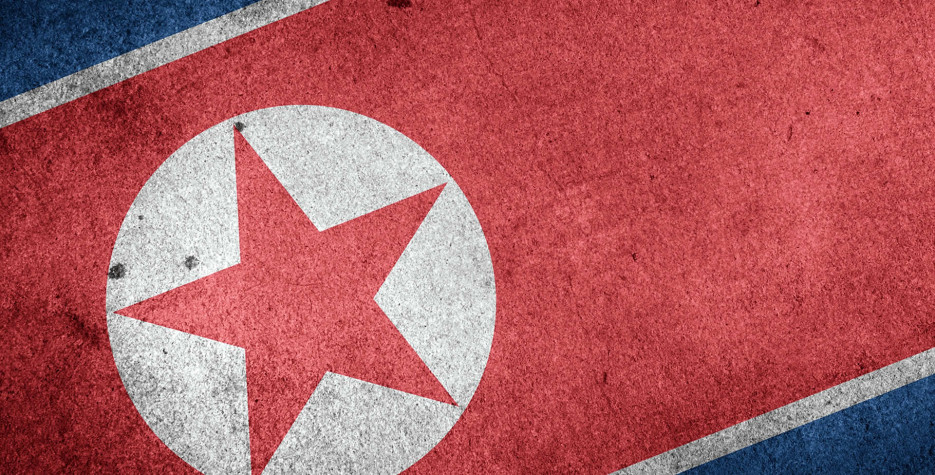When is the Day of Victory?
Day of Victory in the Great Fatherland Liberation War is a public holiday in North Korea.
Also known as Armistice Day, this day commemorates the signing of the armistice agreement on July 27th 1953 that brought to an end the fighting in the Korean War - but not the end of the war...
History of the Day of Victory
Following the end of the Second World War and the expulsion of Japan from Korea, Korea had split into two sovereign states in 1948. The socialist state in the north was backed by the Soviet Union, while the capitalist state in the south was supported by the United States.
Both the two new Korean states saw themselves to be the sole legitimate government of all of Korea, and neither accepted the border as permanent.
The Korean War began when North Korean military forces, supported by the Soviet Union and China, crossed the border into South Korea on June 25th 1950. The US-backed United Nations gave military support to the South Koreans, turning the conflict into the largest conflict since the second world war.
After three years of devastating bombing raids and a traumatic ground campaign, around three million Koreans - 10% of the overall population - were estimated to have been killed, injured, or missing.
"I shrink with horror that I cannot express in words… at this continuous slaughter of men in Korea," commander-in-chief of United Nations Command Gen. Douglas MacArthur said during a congressional hearing. "I have seen, I guess, as much blood and disaster as any living man, and it just curdled my stomach, the last time I was there."
Though it was clear that the war had reached a stalemate by the middle of 1951, it took two years of negotiations to reach an armistice.
On July 27th 1953 the Korean Armistice Agreement was signed between China, North Korea, the United States and the United Nations. South Korea never signed the Armistice Agreement due to President Syngman Rhee's refusal to accept the division of Korea.
The armistice is yet to be replaced with a peace treaty, meaning the Korean Peninsula is technically in a state of war.
North Korea declared the July 27th Armistice signing "the Day of Victory in the Great Fatherland Liberation War" in 1973, later promoting it to a national holiday in 1996.
The day is marked by honouring those who lost their lives in the war.


